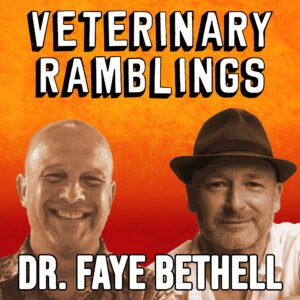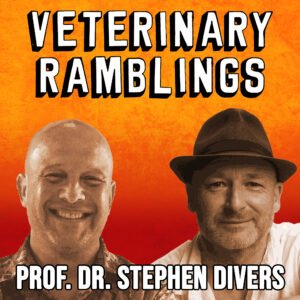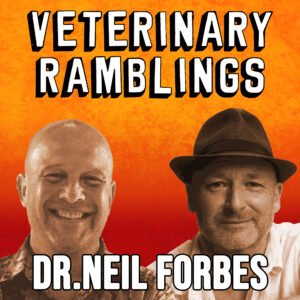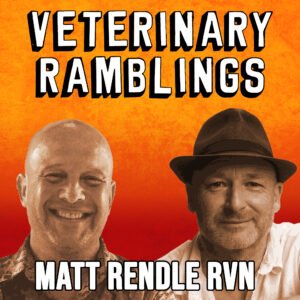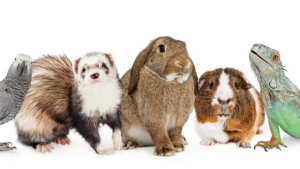Why do people choose ‘exotic’ pets?
The most common reason people are drawn to non-traditional pets is that they’re cute, funny, and interesting. Some owners have a specific interest in certain species and want to bring them into their homes. These pets can be fascinating to own and watch, but they may require extra care or specialized knowledge to ensure they stay healthy and happy.
As with any other type of pet, when you bring an exotic animal into your home and start caring for it on a daily basis you will quickly learn that they are living creatures with their own needs. As vets, we know just how important is for exotic pet owners to do their research so they know what kind of care the animal will need. With the level of veterinary care available today, the right preparation, and plenty of patience, owning an exotic pet can be an incredibly rewarding experience.
However, there is a darker side to exotics ownership – which is linked to the connotations of the term ‘exotic’.
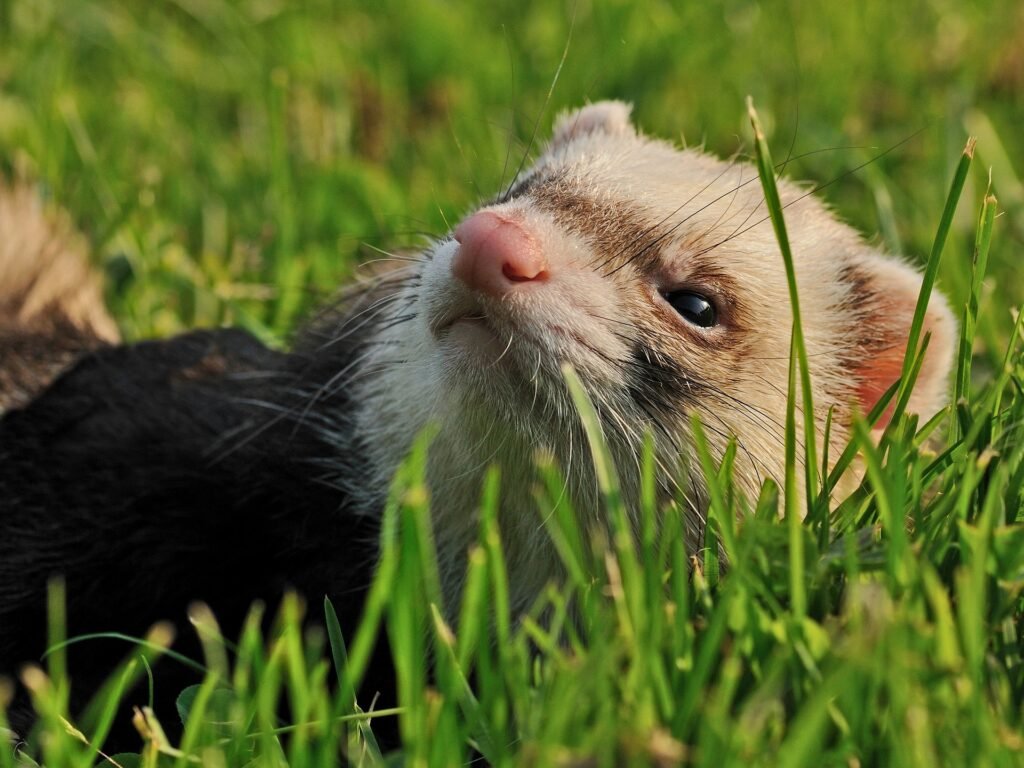
What do we mean, ‘exotic’?
In veterinary medicine, exotic pets are largely defined as animals that you wouldn’t normally have as traditional household pets, such as snakes, spiders, hedgehogs, and other unusual creatures. It covers a large number of species which brings attention to our first problem – the issue of hazy definitions.
In a broader sense, the term ‘exotic animal’ is often used to refer to any animal that is not native to a certain environment, with the added connotations of something rare and unusual. The term ‘exotic’ often draws people’s minds to snakes, lizards, parrots, and tarantulas. Some people believe that the term ‘exotic’ should be used when talking about ‘wild’ animals (any animal that is not domesticated in the same way that dogs or cats are).
But this doesn’t quite cover all the animals we’re discussing. Some of these ‘exotic’ animals are natives, and most can be commonly found in pet stores and petting zoos throughout the country – for example, many people from a non-veterinary background are surprised to find out that rabbits are considered ‘exotic’.
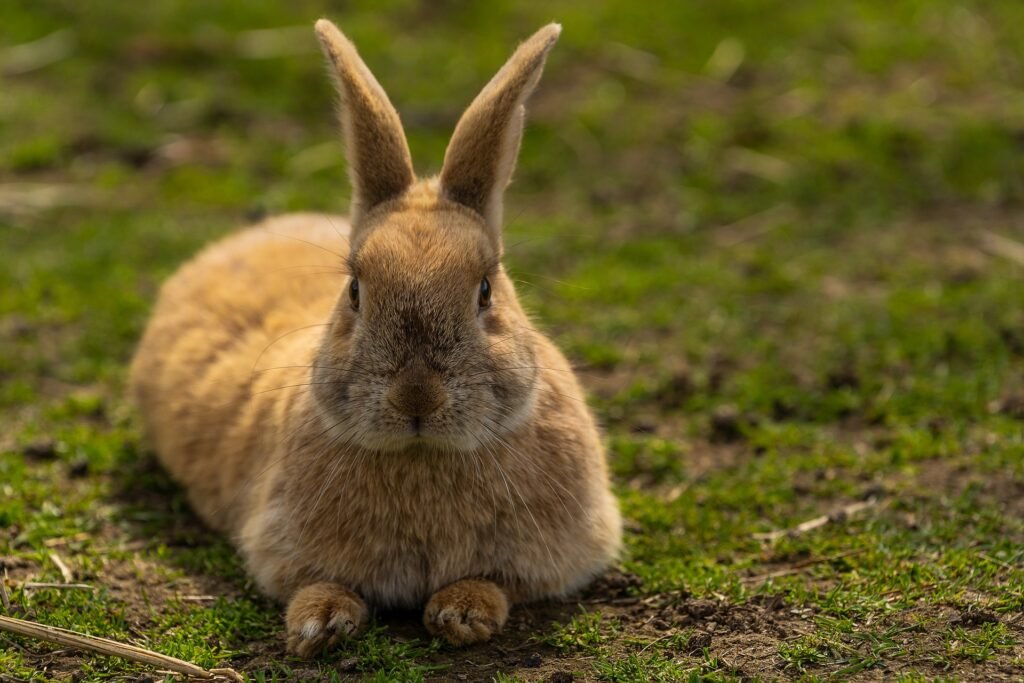
NTCA: A More Accurate Term?
The term ‘Nontraditional Companion Animal’ (NTCA) is a more appropriate name for many of these unusual creatures. This acronym describes exactly what they are – companions that may be out of the ordinary, but offer just as much love, care, and enrichment as a traditional cat or dog would provide.
We’re all aware of the second problem that is caused by the term ‘exotic’ – that’s the perception that these animals are simply decorative or collectible, and require less care and attention than a traditional pet. Thankfully this perception is on the decline – but there’s still a long way to go.
The term non-traditional companion animal is often used in place of ‘exotic’ because it calls attention to an important fact: many people want and are able to take good care of these animals as pets.
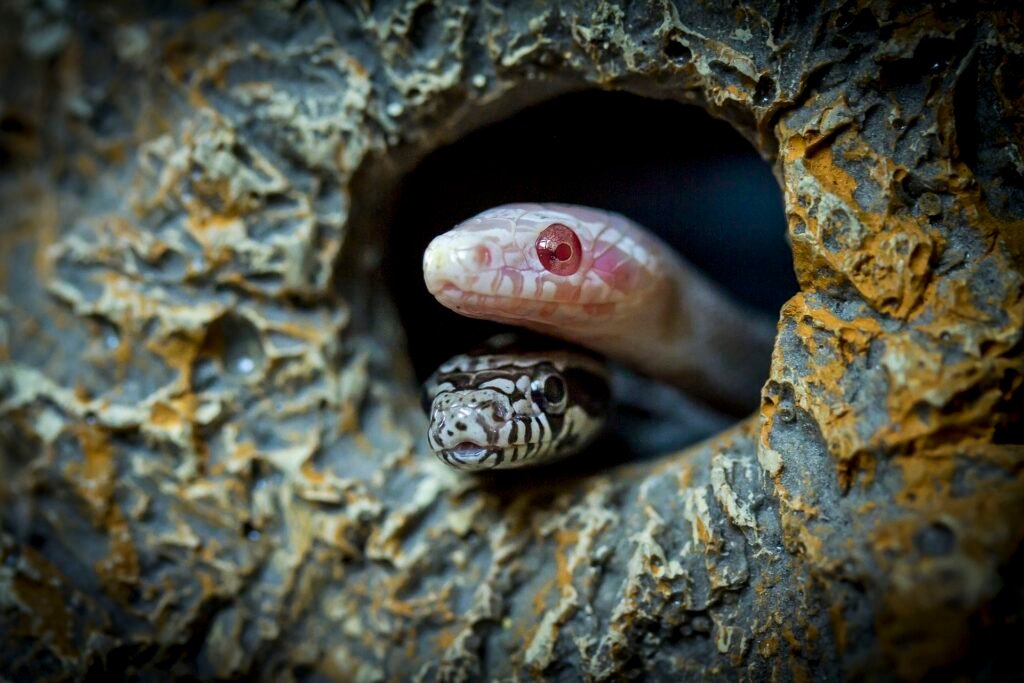
Inspiring a Duty of Care
By referring to them as NTCAs, we’re helping to break down the more harmful perceptions surrounding these animals. By reframing these animals as ‘companions’, it brings to mind a sense of friendship – along with a duty of care and responsibility (something that should be emphasised to anyone thinking of taking one of these special creatures home with them).
Luckily for NTCA owners, the level of exotics care has improved tremendously in recent years:
“The level of medicine and the level of veterinary care for exotics is just as good as what it is with cats and dogs. I don’t think people realise the full extent of the work we’re able to do in practice,” said Craig Tessyman RVN – an exotics specialist we were lucky enough to speak to earlier this year.
“We’re doing external fixes on rabbits regularly, we’re doing endoscopy work on parrots on a weekly basis. We perform CT scans on rabbits at least three times a week.”
If you’d like to hear more from people who care for exotics, look no further – we’ve spoken to some of the best. You can find their episodes below, or take a look at our exotics playlist on YouTube by clicking here:


